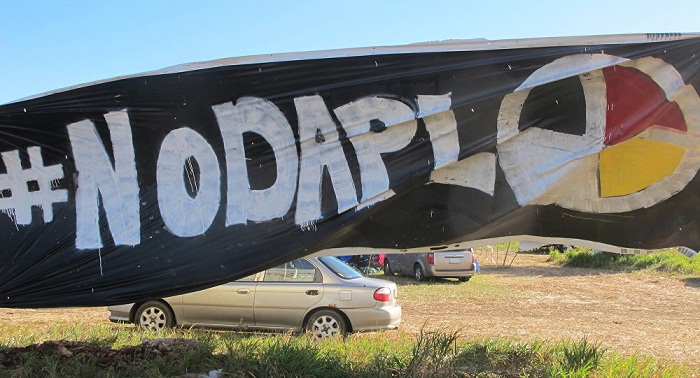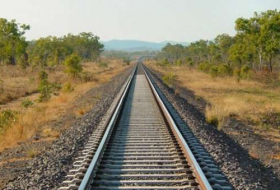Dakota Access pipeline tallies legal win against native Sioux Tribes

A Republican-led federal government poses a tall challenge to Mosset and her allies. When asked whether the separation of powers doctrine between the judicial, executive, and legislative branches of government should render Republican control superfluous when it comes to judicial decisions, Mosset laughed before saying, "maybe in an ideal world."
The tribes rely on groundwater near the pipeline’s construction parameters that Mosset said is under threat as a result of the pipeline. Mosset is a native member to the Mandan, Hidatsa, and Arikara nations who has stood in solidarity at Standing Rock since August, 2016, Sputnik International reported.
Native Americans see the pipeline as a "mere continuation of 500 years of colonization," Dallas Goldtooth said. In the wake of the news, Chase Iron Eyes of the Stand Rock Sioux tribe reiterated her own disappointment but said in a statement "we are not surprised."
The 1,172-mile pipeline is touted by supporters as essential to transferring crude oil from the oil-rich Bakken formation in North Dakota to an oil tank farm in Patoka, Illinois where it can most effectively reach American consumers. A 2013 US Geological Survey estimated that 7.4 billion barrels of oil would ultimately be recovered from the Bakken formation.















































